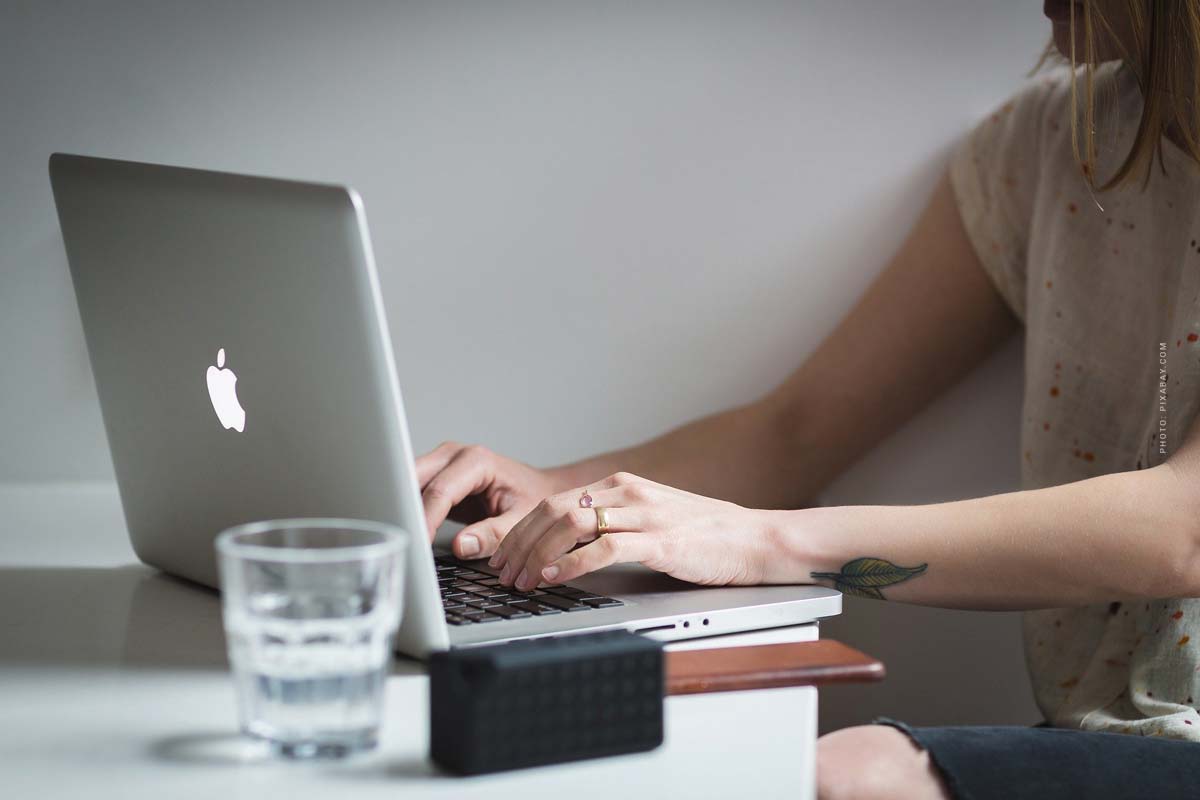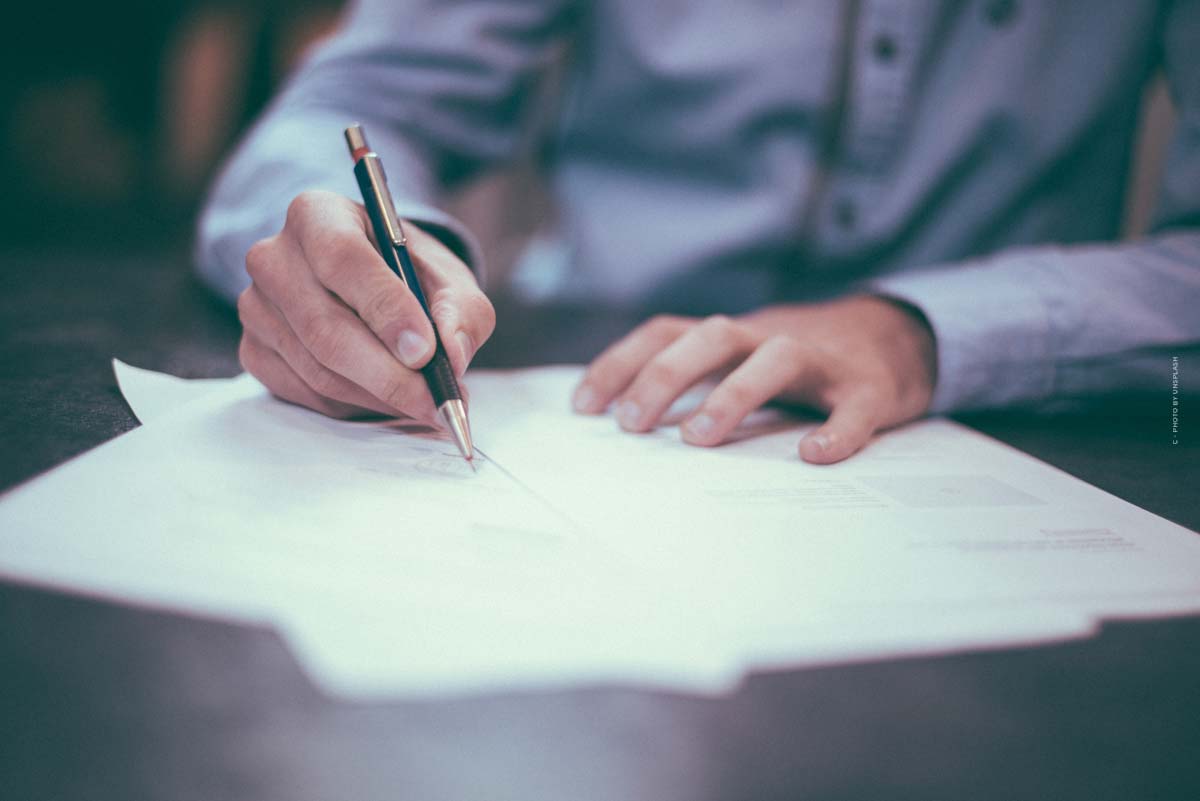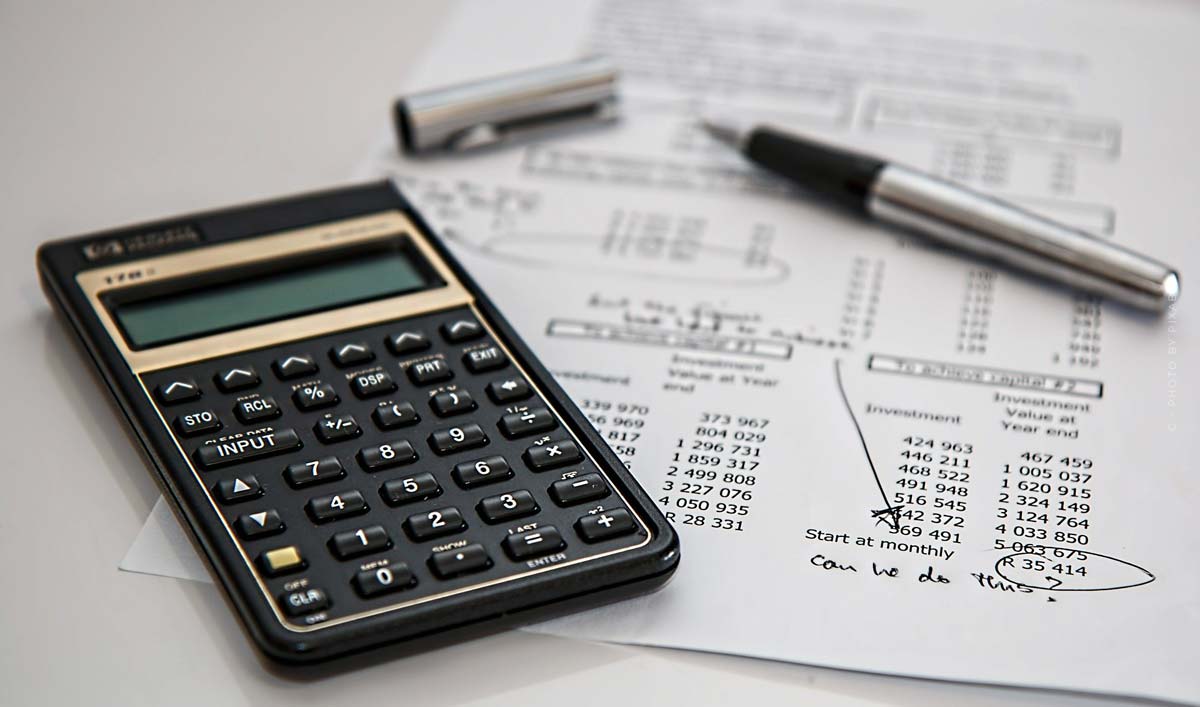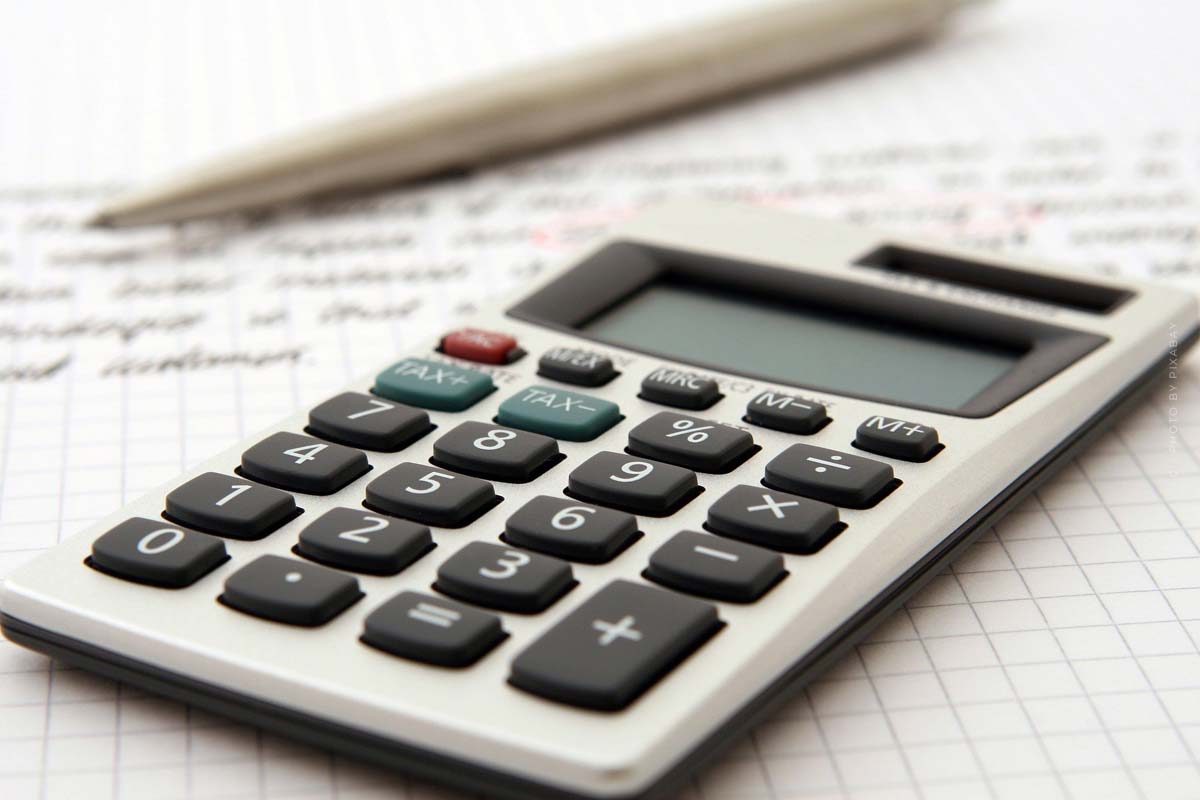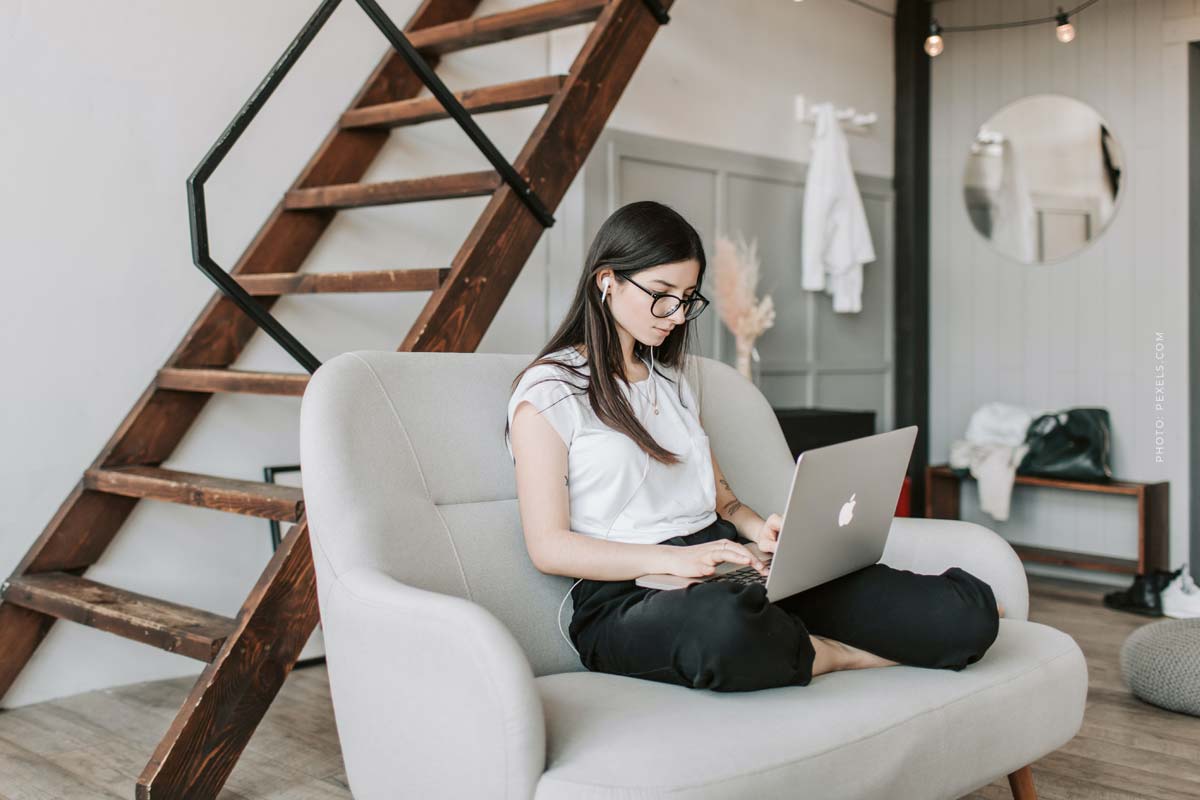Reduce your tax burden: What you should know about business expenses as a self-employed person
Reducing the tax burden – The idea is tempting: spending money and saving taxes at the same time. However, the legislator does not make it quite so easy for the solo self-employed. Because although as your own boss you enjoy some tax freedoms that, for example, a salaried employee doesn’t have, you can’t claim all your costs as business expenses for tax purposes. There are binding rules that you should not only be aware of, but that you should also adhere to if you want to deduct your expenses. Otherwise you risk that the tax office estimates or refuses the recognition – in both cases to your disadvantage. What you should know about the different types of business expenses can be found in the following article.
What exactly are business expenses?
The income tax law regulates in § 4 quite clearly what is meant by the term business expenses: It is all expenses that are necessary to make your business functional and to keep it. In other words, all purchases and expenses that are caused by your entrepreneurial activities and without which you would not be able to run your business. You can enter these necessary expenses in your tax return, they reduce your profit and therefore your tax burden. However, tax law does not accept all business expenses equally, immediately or even in full.
What types of business expenses are distinguished?
The legislature has sorted all conceivable business expenses into four different categories which are mandatory and decide the respective tax reduction status. These are as follows:
Anticipated operating expenses
The most important rule for all solo self-employed people: Carefully collect all receipts – and start doing so before you even get started with your business. All costs incurred in the preparation phase, i.e. before you are officially registered, can be claimed later as anticipated business expenses. This includes, for example, travel and financing costs, expenses for seminars and the like.
Immediately deductible business expenses
This drawer includes all the bills you need to pay in order to run your business at all. Classically, these include:
- Occupancy costs (rent, electricity, water and heating, cleaning and maintenance),
- Telephone, fax, Internet connection,
- Office supplies (paper, postage, pens) and office equipment (printer, copier, scanner),
- Insurance and car expenses, costs of travel by public transport,
- Training costs,
- Bank Charges.
The acquisition of an asset, such as a company car, is an immediately deductible business expense, but the costs are split over the expected useful life. Here, the so-called depreciation for wear and tear (Afa) applies.
Limited deductible business expenses
Not all costs that you incur in principle but not exclusively in connection with your business are recognised by the legislator as tax-reducing. This is especially true if there is no clear dividing line between private living and business. Thus, in the case of a study in one’s own living quarters, small details often make the difference. The same applies, for example, to the cost of meals while travelling (additional expense) or the expenses for coffee and biscuits that you offer your business partner.

Non-deductible operating expenses
Anything under this heading doesn’t reduce your tax payment. The catalogue is long, here are the most important points:
- Gifts over 35 euros (if 35.01 euros is on the invoice, the whole amount is void!),
- Travel expenses between home and work,
- Entertainment expenses “for business reasons” are accepted at 70 percent, the remaining 30 percent are not,
- Penalties and warnings, reminder fees or interest for evasion.
How can I deduct my business expenses from my taxes?
You simply enter your business expenses in your tax return. They reduce your profit and thus your tax liability. But be careful: In order for the tax office to recognize your costs, you have to prove them meticulously. You should therefore always and consistently keep all receipts and sort them regularly. If you lose an invoice or receipt, the tax officials can estimate the item or cancel it altogether – both are usually bad for you.
If you deliberately or even accidentally declare private expenses as business expenses, then you risk not only a “hefty” penalty payment in the event of a tax audit, you can also rely on the fact that the tax officials will henceforth keep a particularly critical eye on your tax return.
Who can claim business expenses as a lump sum?
Some self-employed people are granted the right by law to have their business expenses credited at a flat rate. These include:
- Childminders (flat rate 300 euros per month),
- Self-employed midwives (25 percent, maximum 1,535 euros per year),
- Freelance journalists and writers (30 percent, maximum 2,455 euros per year).
Members of these professions can, of course, still choose to itemise their business expenses if this is more favourable to them.
Bottom line: how can you lower your tax burden?
All costs and expenses that you incur in direct or indirect connection with your business are part of your business expenses. You should keep all receipts and invoices carefully and sort them regularly so that you can enter these expenses correctly in your tax return. There, they will then reduce your profit and thus reduce your tax liability. With smart accounting software, this is all a little easier to do. You can claim even the smallest amounts, because the proverbial little things save taxes. Just don’t forget to always separate private and business expenses – the tax office reacts very sensitively to such “inaccuracies”.
